
5 minute read
Hypertension.
17th may is celebrated as world hypertension day. The objective of WHD(world hypertension day) is to communicate to the public the importance of hypertension and its serious medical complications, and to provide information on prevention, detection and treatment. The WHL launched its first WHD on May 14, 2005. Since 2006,the WHL has been dedicating May 17 of every year as WHD.
What is hypertention
Advertisement
High blood pressure, also called hypertension, is blood pressure that is higher than normal. Your blood pressure changes throughout the day based on your activities. Having blood pressure measures consistently above normal may result in a diagnosis of high blood pressure (or hypertension).
High blood pressure is a common condition that affects the body's arteries. It's also called hypertension. If you have high blood pressure, the force of the blood pushing against the artery walls is consistently too high. The heart has to work harder to pump blood.
Different levels of blood pressure
Normal blood pressure. Blood pressure is 120/80 mm Hg or lower. Elevated blood pressure. The top number ranges from 120 to 129 mm Hg and the bottom number is below, not above, 80 mm Hg.
Stage 1 hypertension. The top number ranges from 130 to 139 mm Hg or the bottom number is between 80 and 89 mm Hg.
Stage 2 hypertension.The top number is 140 mm Hg or higher or the bottom number is 90 mm Hg or higher.
Hypertensive emergency
Blood pressure higher than 180/120 mm
Hg is considered a hypertensive emergency or crisis.
Seek emergency medical help for anyone with these blood pressure e Untreated, high blood pressure increases the risk of heart attack, stroke and other serious health problems.
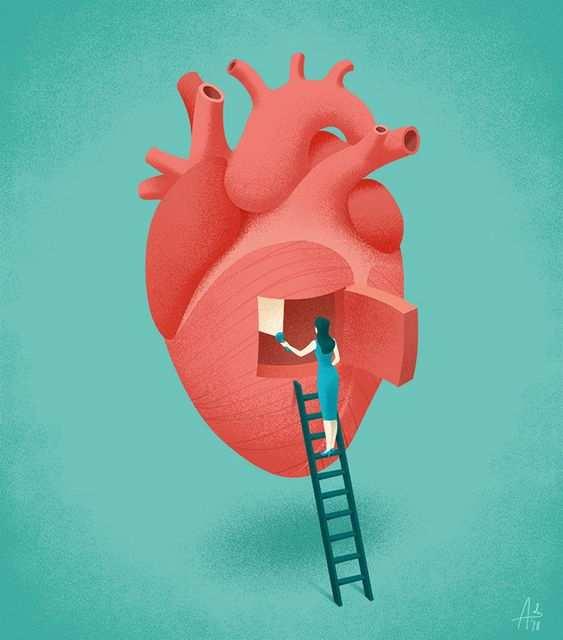
Symptoms of high blood pressure
Most people with high blood pressure have no symptoms, even if blood pressure readings reach dangerously high levels. You can have high blood pressure for years without any symptoms.
A few people with high blood pressure may have:
Headaches
Shortness of breath
Nosebleeds
However these symptoms aren't specific these symptoms are only seen when high blood pressure reaches a life threatening level.
When to consult a physician
Blood pressure screening is an important part of general health care. How often you should get your blood pressure checked depends on your age and overall health.
Ask your physician for a blood pressure reading at least every two years starting at age 18. If you're age 40 or older, or you're 18 to 39 with a high risk of high blood pressure, ask for a blood pressure check every year. If you are experiencing severe headaches or nosebleeds and are otherwise unwell, contact your doctor as they could be symptoms of other health conditions.
A variety of symptoms may be indirectly related to, but are not always caused by, high blood pressure, such as:blood spots in eyes,dizziness ,facial flushing.
Two main types of hypertension
Primary hypertension,also called essential hypertension
For most adults, there's no identifiable cause of high blood pressure. This type of high blood pressure is called primary hypertension or essential hypertension. It tends to develop gradually over many years. Plaque buildup in the arteries, called atherosclerosis, increases the risk of high blood pressure.
Secondary hypertension
This type of high blood pressure is caused by an underlying condition.It tends to appear suddenly and cause higher blood pressure than does primary hypertension.
Conditions and medicines that can lead to secondary hypertension include:
Adrenal gland tumors
Blood vessel problems present at birth, also called congenital heart defects
Cough and cold medicines, some pain relievers, birth control pills, and other prescription drugs lllegal drugs, such as cocaine and amphetamines
Kidney disease
Obstructive sleep apnea
Thyroid problems
Sometimes just getting a health checkup causes blood pressure to increase. This is called white coat hypertension.
Causes and risk factors
High blood pressure has many risk factors, including:
·Age. The risk of high blood pressure increases with age. Until about age 64, high blood pressure is more common in men.Women are more likely to develop high blood pressure after age 65.
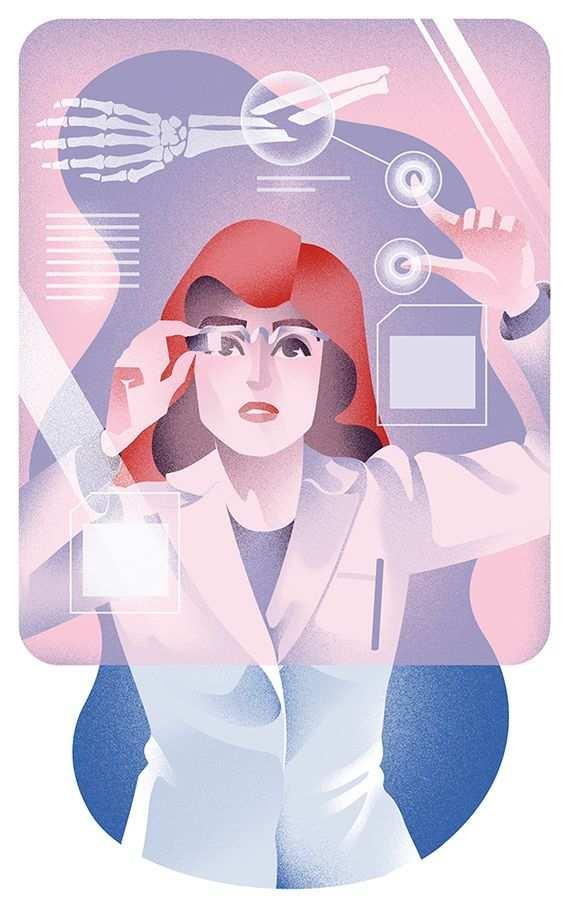
Race. High blood pressure is particularly common among Black people. It develops at an earlier age in Black people than it does in white people.
Family history. You're more likely to develop high blood pressure if you have a parent or sibling with the condition.
Obesity or being overweight.Excess weight causes changes in the blood vessels, the kidneys and other parts of the body.These changes often increase blood pressure.Being overweight or having obesity also raises the risk of heart disease and its risk factors, such as high cholesterol.
Lack of exercise.Not exercising can cause weight gain. Increased weight raises the risk of high blood pressure. People who are inactive also tend to have higher heart rates. Tobacco use or vaping. Smoking,chewing tobacco or vaping immediately raises blood pressure for a short while. Tobacco smoking injures blood vessel walls and speeds up the process of hardening of the arteries. If you smoke, ask your care provider for strategies to help you quit. Too much salt. A lot of salt-also called sodium-in the bodycan cause the body to retain fluid. This increases blood pressure. Low potassium levels. Potassium helps balance the amount of salt in the body's cells. A proper balance of potassium is important for good heart health. Low potassium levels may be due to a lack of potassium in the diet or certain health conditions, including dehydration. Drinking too much alcohol. Alcohol use has been linked with increased blood pressure,particularly in men. Stress.High levels of stress canlead to a temporary increase in blood pressure.Stress-related habits such as eating more, using tobacco or drinking alcohol can lead to further increases in blood pressure. Certain chronic conditions.Kidney disease, diabetes and sleep apnea are some of the conditions that can lead to high blood pressure. Pregnancy. Sometimes pregnancy causes high blood pressure.
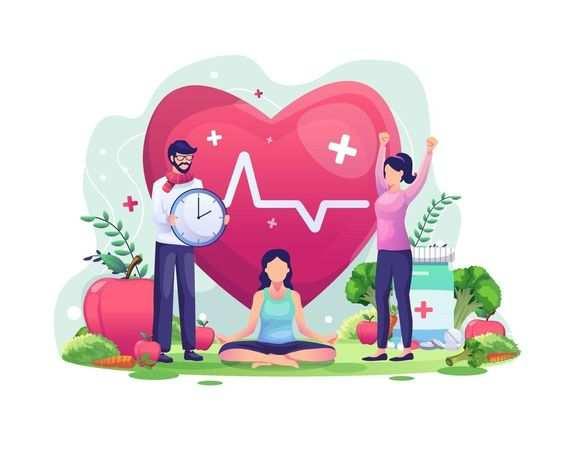
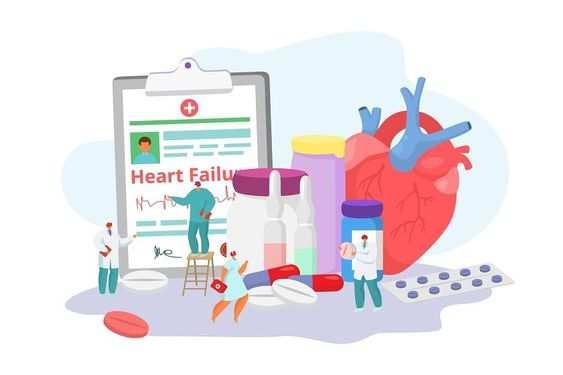
Complications
Uncontrolled high blood pressure can lead to complications including:
Heart attack or stroke. Hardening and thickening of the arteries due to high blood pressure or other factors can lead to a heart attack, stroke or other complications.
Aneurysm. Increased blood pressure can cause a blood vessel to weaken and bulge, forming an aneurysm. If an aneurysm ruptures,it can be lifethreatening.
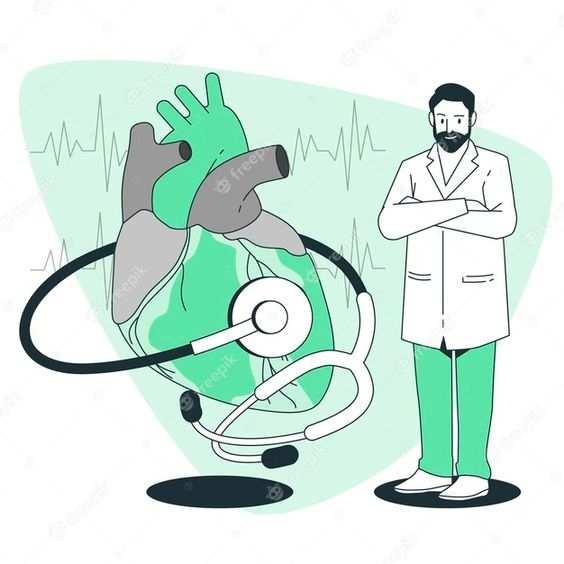
Heart failure. When you have high blood pressure, the heart has to work harder to pump blood. The strain causes the walls of the heart's pumping chamber to thicken. This condition is called left ventricular hypertrophy. Eventually, the heart can't pump enough blood to meet the body's needs, causing heart failure.
Kidney problems. High blood pressure can cause the blood vessels in the kidneys to become narrow or weak. This can lead to kidney damage.
Eye problems. Increased blood pressure can cause thickened, narrowed or torn blood vessels in the eyes. This can result in vision loss. Metabolic syndrome. This syndrome is a group of disorders of the body's metabolism. It involves the irregular breakdown of sugar,also called glucose. The syndrome includes increased waist size, high triglycerides, decreased high-density lipoprotein (HDL or "good") cholesterol,high blood pressure and high blood sugar levels. These conditions make you more likely to develop diabetes, heart disease and stroke.
Changes with memory or understanding. Uncontrolled high blood pressure may affect the ability to think, remember and learn.
Dementia.Narrowed or blocked arteries can limit blood flow to the brain. This can cause a certain type of dementia called vascular dementia. A stroke that interrupts blood flow to the brain also can cause vascular dementia.
The number one misconception among patients with high blood pressure is that they don't feel sick. That's why high blood pressure or hypertension is commonly known as the silent killer-you don't have to feel anything to be affected.










